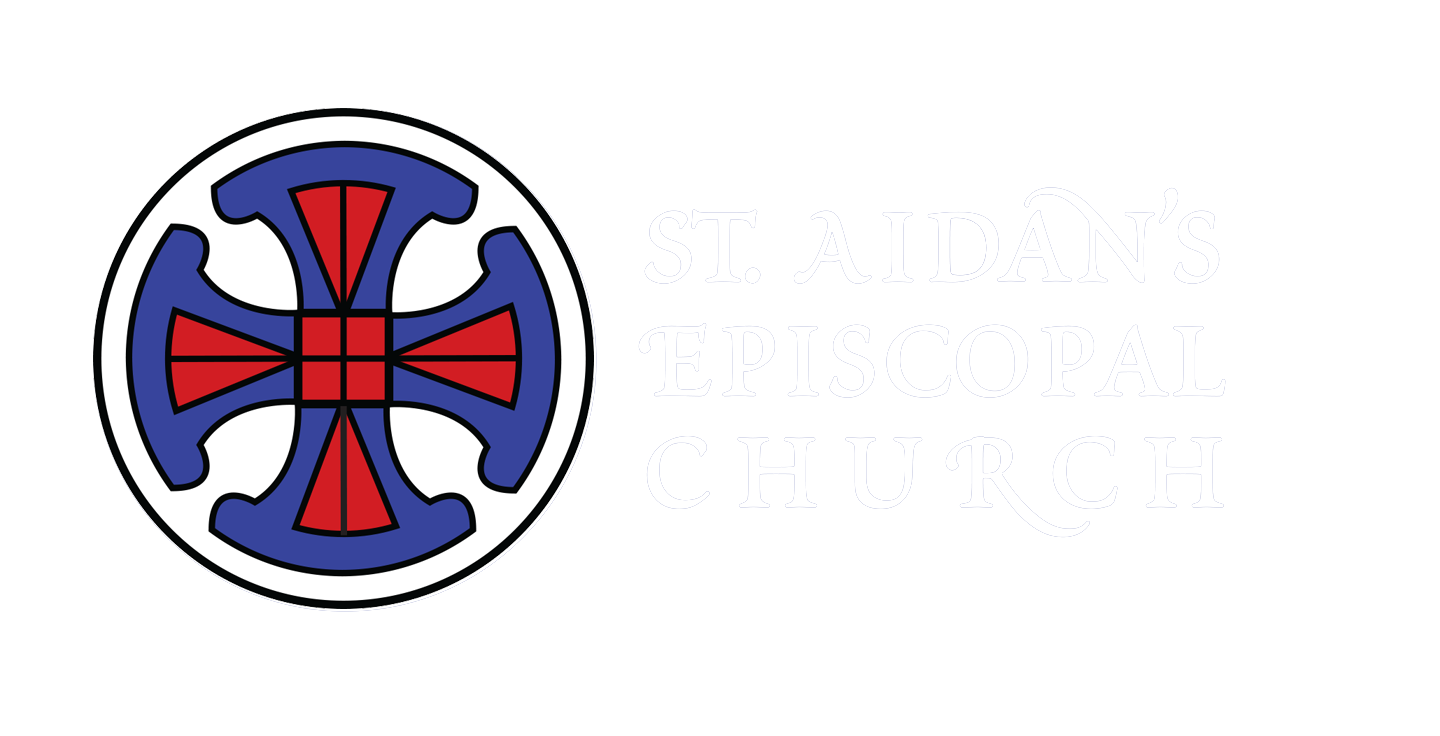Lent 4: The Lost Son
Luke 15:1-3, 11b-32, March 30, 2025
There was a man who had two sons...there’s a familiar rhythm to that story’s beginning. Scripture is full of fathers, sons, and rival brothers. As always, Luke carries forward the Hebrew tradition in which he is steeped and gives it a new, Jesus-shaped twist.
This is one of these stories where we might reflect on which character in the story we most identify with. Are we the younger, wayward son, the elder brother, or the father? If we all want to identify with the father, that’s wonderful! Most of us, if we are honest, can actually place ourselves in the story as one of the two brothers, maybe, at different times in our lives, both. Today I want to talk about the elder brother.
All of us, whether or not we have a history of waywardness somewhere in our past, have probably also had moments in our lives of saying “What about me?” The elder brother is not wrong. I am the older sister of a younger brother in a family with Puritan roots and a deep-seeded ethos of the men treated like gods who can do no wrong, and the women existing to serve and procreate. That doesn’t play out today as much as it did fifty years ago, but I do know what it feels like to be the elder sibling of a younger brother who could get away with whatever he wanted.
Most recently, though, I have seen the “elder-brother-syndrome” play out in whole communities and municipalities. We desperately need more housing and services for the poorest among us, especially drug treatment facilities. At the same time, there are homeowners who believe these resources are being squandered. I have been at many meetings where good citizens literally say “what about me? I pay my taxes, I keep my property clean, I spend money on local business, and yet all the rewards are going to hopeless, derelict drug addicts.” You’ve all heard this or perhaps even said it yourself. I get it, I really do. I like to think if the father in this parable were at one of those meetings, he’d say to these good people: You are provided for. I love you. You have enough. These others have nothing. They cannot pull themselves up by their bootstraps the way you have, because their feet have been cut off. Can we not all be in this together?
That is kind of what the father says to the elder brother in the parable: please come to the feast. Let’s get this family back together. When we look at it this way, the father has regained one son, but lost the other. After the younger son has been welcomed home and the fatted calf has been killed, it is the elder son who appears to be lost. We don’t know what happens; we don’t know if the father is successful in persuading the older son to join the party, or whether that brother doesn’t want to participate in the family. Sometimes, like the father, we learn that welcoming the least, the last, and the lost is the right thing even if it means sacrificing family unity, or community unity.
Just as the younger son and the father have had to change during this unfolding story, the elder brother also needs to change. God calls us to the fullest possible kind of inclusion and rejoicing, the kind of rejoicing where not just are the lost and broken people celebrated, but the righteous but grumpy older siblings are also included and celebrated in the banquet.
When I think of housed citizens who struggle with the unhoused, I imagine reconciliation is bringing irate housed neighbors into the party. I love to imagine the whole gathered crowd rejoicing.
Our Eucharistic Feast each Sunday is a foretaste of that kingdom banquet where all are welcome and all are fed, that time and space beyond time when all friends are neighbors and all neighbors are friends. In the meantime, may we each, like the parent in our Gospel, be a bridge between older and younger siblings in our lives, that each of them may know how deeply they are loved.
March 30, 2025
